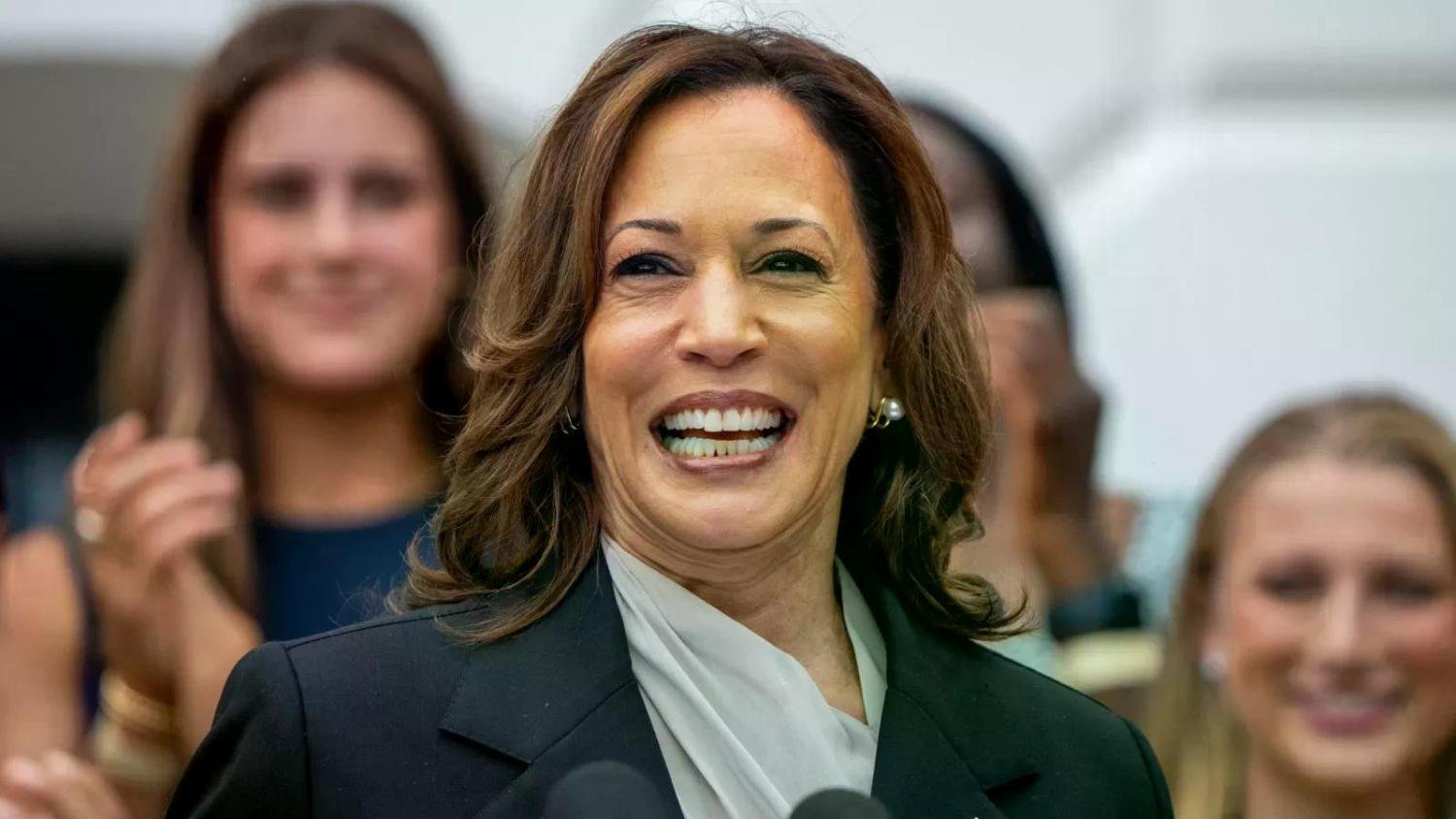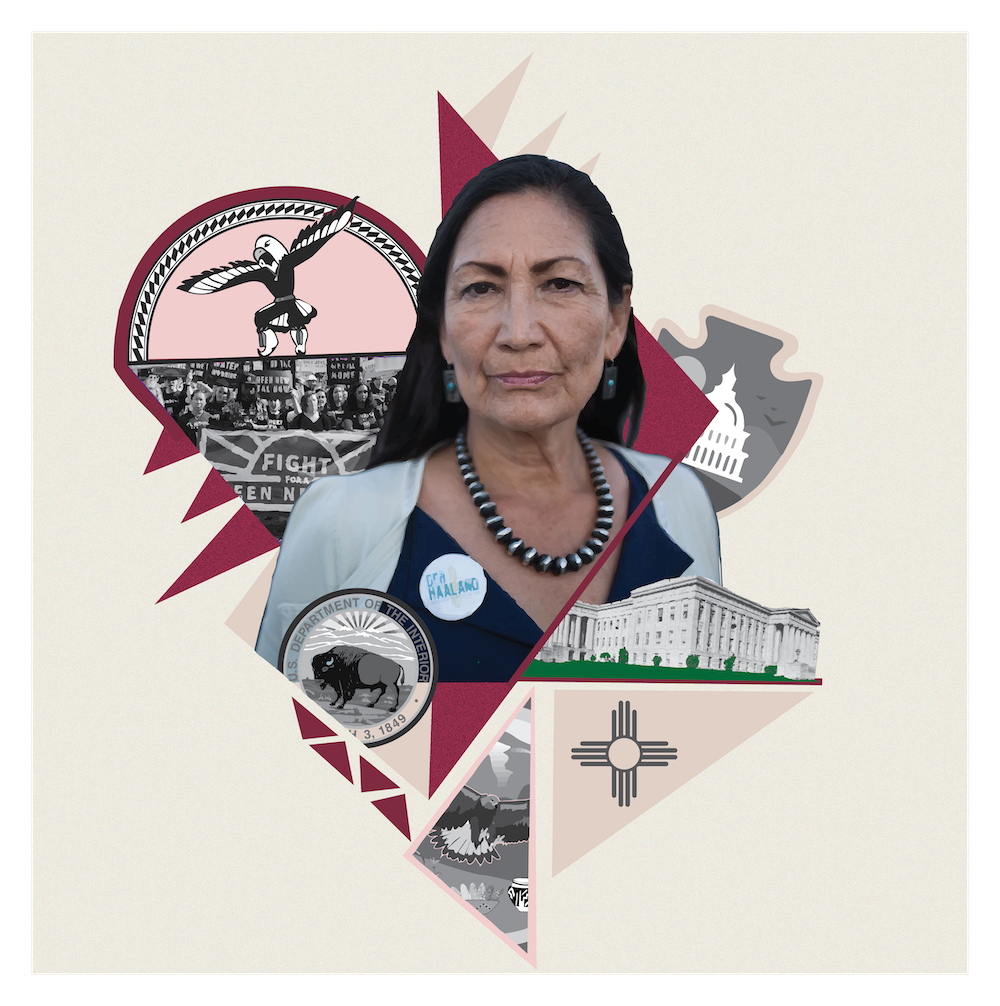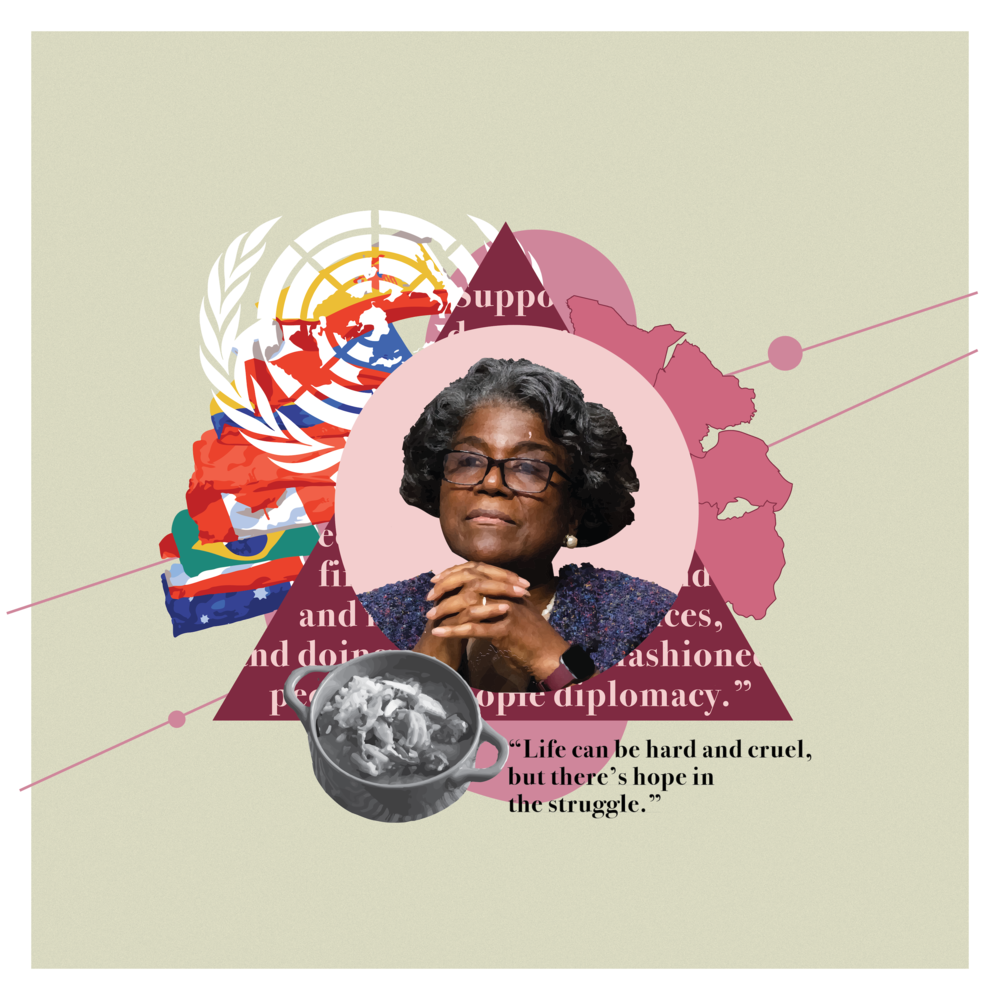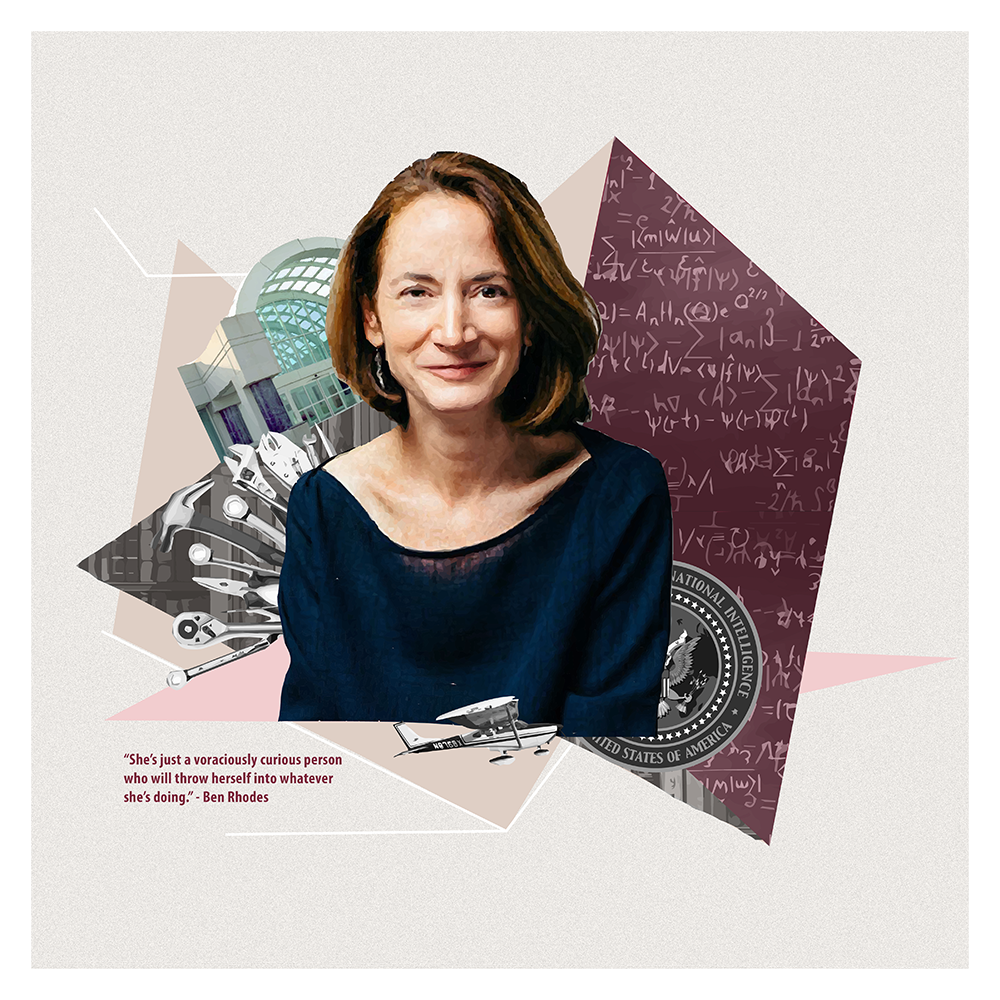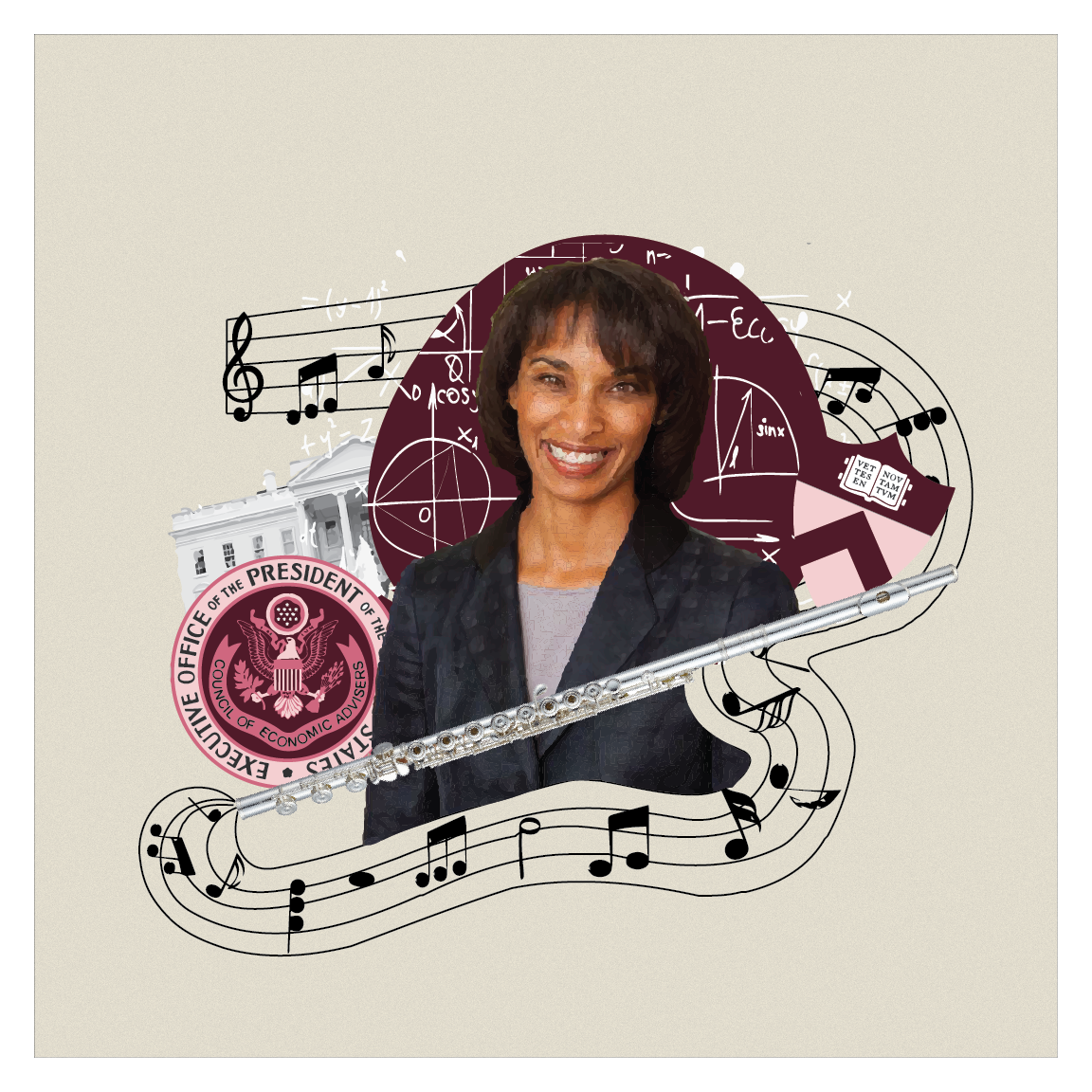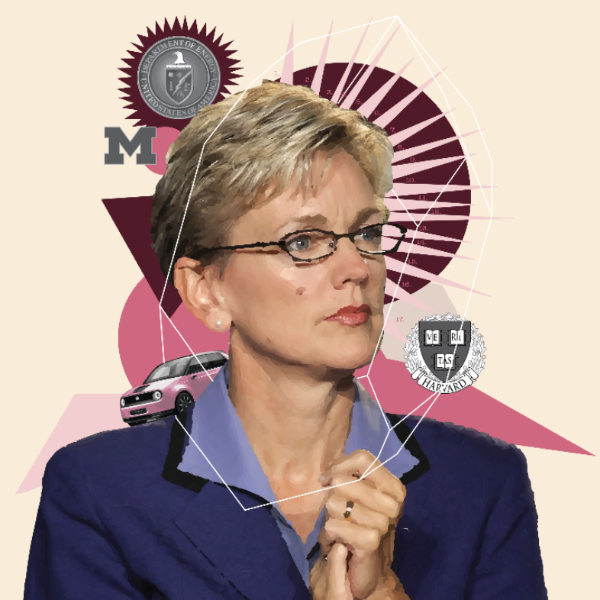Dear Readers,
As my friend and feminist leader Gloria Steinem says, “hope is a form of planning. If you don’t imagine what could be, you’re already defeated.”
I agree with that. In order to solve problems and global challenges, to launch movements and to sustain them, you need hope. You can seldom achieve desired outcomes without hope that is grounded in a sustained sense of possibilities. So I’m writing today’s newsletter with renewed hope that we, as voters in the US, will pursue the possibilities that have emerged with the Democratic party aligning behind the candidacy of Vice President Kamala Harris.
With headlines like $81M in 24 hours: How the Harris campaign could turn women donors into a force, The Deciders: Georgia voters feel 'new sense of energy' with VP Kamala Harris on the ticket, and ‘I was not voting before, now I am’: gen Z voters on what they think of Kamala Harris, I'm not only hopeful, I'm also excited.
But before getting too carried away at the prospect of a more hopeful direction for the future for anyone who cares about freedom, rights for women, the rule of law, and a healthy and habitable environment, I want to acknowledge President Joe Biden, a true American hero who put aside his own personal aspirations to do what he believed was best for the country he has served so well for decades as a senator, a vice president, and one of the most consequential presidents in my lifetime.
The Biden-Harris administration has achieved so much over the past three and a half years, including the most substantial climate legislation ever passed in the US (the Inflation Reduction Act), the expansion of health care, the lowering of drug costs for seniors, the first gun safety law in 30 years, and putting the first African American woman on the Supreme Court, among many other achievements. With Harris in the White House, all this good work and more can continue.
But there is much work to be done in the next 100 days to get her there. We can’t just sit back and hopescroll, we must talk with our friends and family about why this election is so consequential for ourselves, for our democracy, and for the health of the planet. This is not a time to stand on the sidelines.
Here’s another opportunity for Americans to make history; to call out misogyny and racism when we hear it, and challenge it, and condemn it; and to make progress towards becoming a country where we are judged “not by the color of our skin but by the content of our character,” as Martin Luther King, Jr. so memorably hoped for us. If American voters judge Kamala Harris by her character, her intelligence, and her preparedness to lead, I believe she will be the next president of the United States. And as president, I believe she will wield the power of that office in a way that could change the nature of power itself. Let me explain that further.
I first heard this concept in 1990 at the first ever peace conference convened by Jewish and Arab women who had come together to negotiate a peace agreement between Israel and her Arab neighbors. NY congressman, Bella Abzug, opened the “Women Wage Peace” conference with the radically optimistic prediction that in the 21st century, “women will change the nature of power rather than power changing the nature of women.” As a young reporter covering the forum for NBC, those words went straight to my heart and are the source of my sustained belief that when women lead from our innate “nature,” we are different kinds of leaders.
I didn’t say better kinds of leaders, but sometime the outcomes are better because in many examples I could reference and have written about before, there is ample evidence that women can and do lead differently. Not all women, of course, but consider the positive differences that Mary Robinson made as the first woman president of Ireland, and Jacinda Ardern in New Zealand, Ellen Sirleaf Johnson in Liberia, and others. Admittedly, it’s a small sample, given that less than one-third of people leading countries in UN member states have been women.
Now American women and men have an opportunity to prove we can come together and give Kamala Harris her well deserved chance to lead…and to lead differently.
Kamala Harris is prepared and ready to lead this nation.
“Women are motivated to get things done,” writes Dr. Nancy O'Reilly, founder of Women Connect4Good, and they “overwhelmingly report that they didn’t run for office to gain power. They ran to ‘solve a problem’ to ‘be a voice for the voiceless,’ or ‘represent those who don’t have powerful lobbyists to speak for them.’”
Approaching power and leadership from this perspective is a pathway to leading differently and at this time of poly crises around the world, we need new approaches to problem solving and a new vision of the nature of power.
Harris has a favorite saying that her mother taught her that she repeats often on the campaign trail, “I can imagine what will be, unburdened by what was.”
Over the next few weeks and months, we have an opportunity to do just that — to fully engage our imaginations about what is possible, unburdened by what has been and open to what can be.
As Kamala Harris reminded her campaign staff in Wilmington earlier this week:
“This campaign is not just about us versus Donald Trump. There is more to this campaign than that. Our campaign has always been about two different versions of what we see as the future of our country.
Two different visions… One focused on the future. The other focused on the past.
Donald Trump wants to take our country backward to a time before many of our fellow Americans had full freedoms and rights. But we believe in a brighter future that makes room for all Americans.
We believe in a future where every person has the opportunity not just to get by, but to get ahead. We believe in a future where no child has to grow up in poverty, where every person can buy a home, start a family, and build wealth, and where every person has access to paid family leave and affordable child care. That’s the future we see…”
My hopes for that future and for the possibilities of a new kind of leadership are high, and as I wrote at the beginning, hope can be a form of planning — and winning! — and leading towards a better future.
So let's get to work.
Onward!
- Pat

